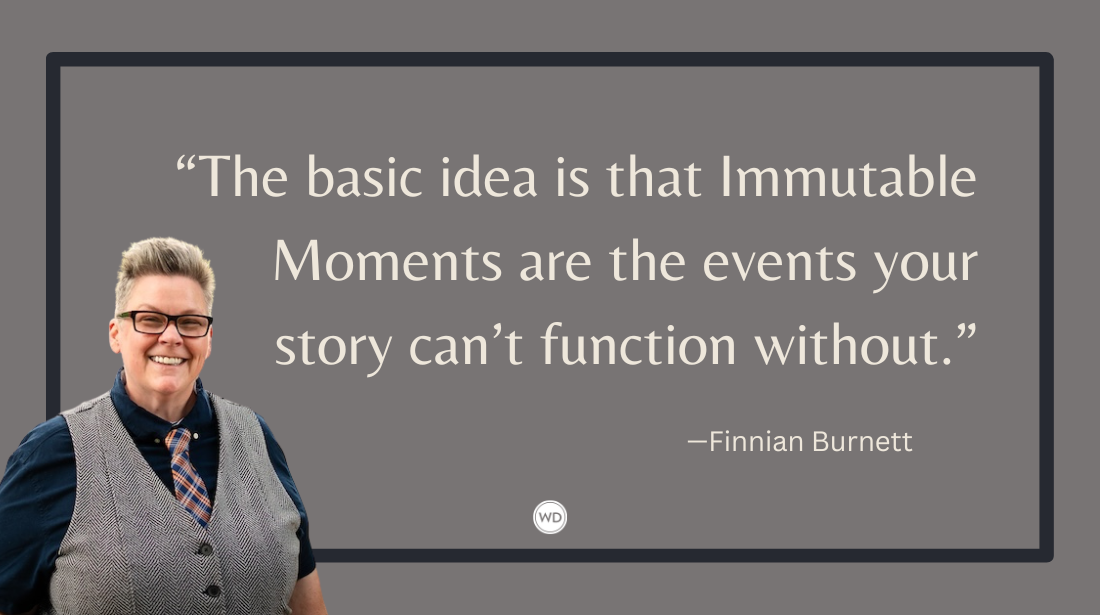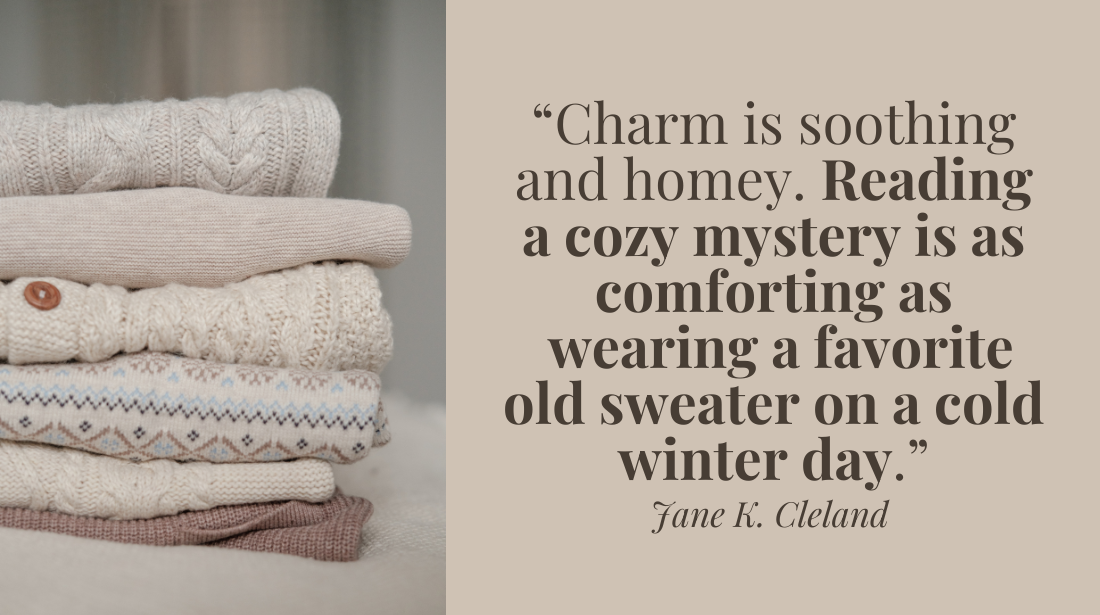Writing Mistakes Writers Make: Not Trusting the Reader
The Writer’s Digest team has witnessed many writing mistakes over the years, so we started this series to help identify them for other writers (along with correction strategies). This week’s writing mistake is not trusting the reader.
Everyone makes mistakes—even writers—but that's OK because each mistake is a great learning opportunity. The Writer's Digest team has witnessed many mistakes over the years, so we started this series to help identify them early in the process. Note: The mistakes in this series aren't focused on grammar rules, though we offer help in that area as well.
Rather, we're looking at bigger-picture mistakes and mishaps, including the error of using too much exposition, neglecting research, or researching too much. This week's writing mistake writers make is not trusting the reader.
Writing Mistakes Writers Make: Not Trusting the Reader
I love movies. Slowly over the course of many years, I’ve been having a unique change in relationship with a movie I once loved. When it came out, there was nothing like it and was applauded for its originality, among many things. It was one of those movies every single person went to see in theaters, with an ending people still debate about to this day. I couldn’t get enough of it.
Turns out, I could.
After years of a growing distaste for it, my husband and I went to rewatch it recently to try and give it one more chance. Halfway through we had to turn it off. “Why can’t I watch this anymore?” my husband asked.
“Because it doesn’t trust us,” was my answer. And it was true.
Because the plot and its construction were so unique, so much of the dialogue was simply explanation for the audience to understand what was going on. Upon a first viewing, we don’t know this because, well, we literally don’t know. But upon a second, third, and fourth viewing, the storytelling became clawing.
The way the characters spoke to each other felt wooden and unrealistic. Two people in a scene who know their own reality wouldn’t overexplain something to each other so much. It was for us, the audience, and once you’re in on it, it starts to sound patronizing. Every line, every scene, started to feel too much like a wink and a nudge.
In writing, this is what happens when we stop trusting our readers. It’s usually not something we do on purpose, it’s more of a safeguard to make sure readers aren’t confused and understand our intent. But what can happen as a result is a reading experience that feels manipulated, that the reader hasn’t been given the chance to be invested enough in our stories that they want to figure “it” out on their own.
This is not genre-specific; it’s not something exclusively regarding plot or twists. This is also not about intentionally misleading your readers, more about giving them a chance to get to know your characters and your story on their own terms, to take the carefully placed subtleties in the story and connect them to the matter-of-fact details.
The Mistake
We want our readers to be invested, to stay curious about the stories we’re writing. Sometimes, this translates to being too overt, holding their hand the entire way through, not allowing them to join the dots themselves. Basically, it’s the never-ending tug-of-war between showing vs. telling.
I do not believe that showing is inherently better than telling. Plenty of details in our stories need to be clear and unquestionable. It’s not about doing one more than the other, it’s simply about balancing the two.
In this scenario, when we tell too much, it doesn’t offer the reader a chance to have a reading experience that is unique to them. That’s one of the many magical possibilities with reading: everyone who reads the same book isn’t reading the same book. When we tell our readers exactly what happens and exactly how they should feel about it, we run the risk of taking that uniqueness away from them.
How To Fix It
Over-telling is for us, the writers. We need to know everything about our stories. So, my advice here is going to seem counterintuitive, but here it is: To not tell too much, start by telling it all.
Our first drafts should be the dreaded info-dump. Write every single thing you know about your story. Write what you hope readers pick up on, and write the subtle things that are in the background.
Then write it again, keeping some of the unquestionable details and taking out others. Do this over and over again until you feel like you have a balance of showing vs. telling—and however you define that balance. But leaving room for the reader to come to their own conclusions about things will make your readers trust you more.
But also, write with your reading brain in the room with you. Take a step back and think about what the experience would be like for you as a reader. Are you still info-dumping too much? Have you left enough room for intentional convolution? Are the right elements open-ended, leaving room for other elements to be overt?
But Be Careful
A caveat: We sometimes ascribe meaning to things where there isn’t any as a band-aid over this problem. Try not to do this. I am confident that your story is already good—so instead of adding unnecessary elements to incorporate a sense of reader mystery, do it with what you already have. Stay true to your original idea.
Michael Woodson is the content editor at Writer's Digest. Prior to joining the WD team, Michael was the editorial and marketing manager for the independent children's book publisher Blue Manatee Press. He was also the associate editor for Artists Magazine and Drawing magazine, and has written for Soapbox Cincinnati, Watercolor Artist, and VMSD magazine. An avid reader, Michael is particularly interested literary fiction and magical realism, as well as classics from Jane Austen, Ernest Hemingway, and E.M. Forster. When he's not reading, he's working on his own stories, going for a run at his favorite park, or cuddling up to watch a movie with his husband Josh and their dog Taran.








